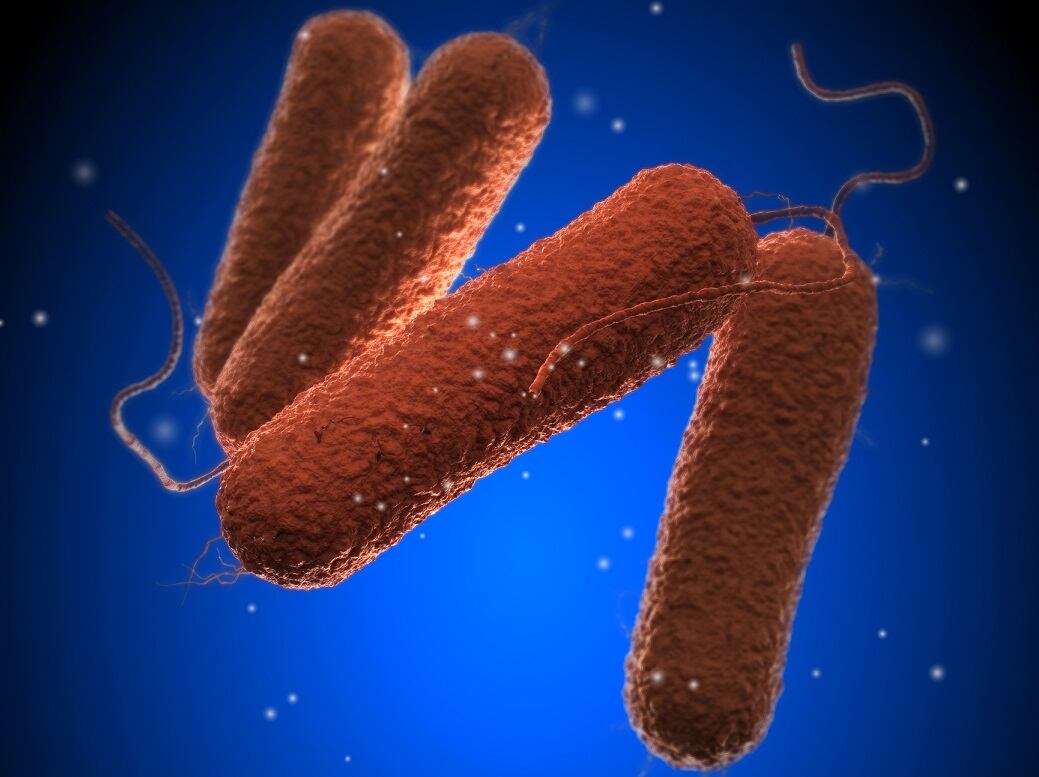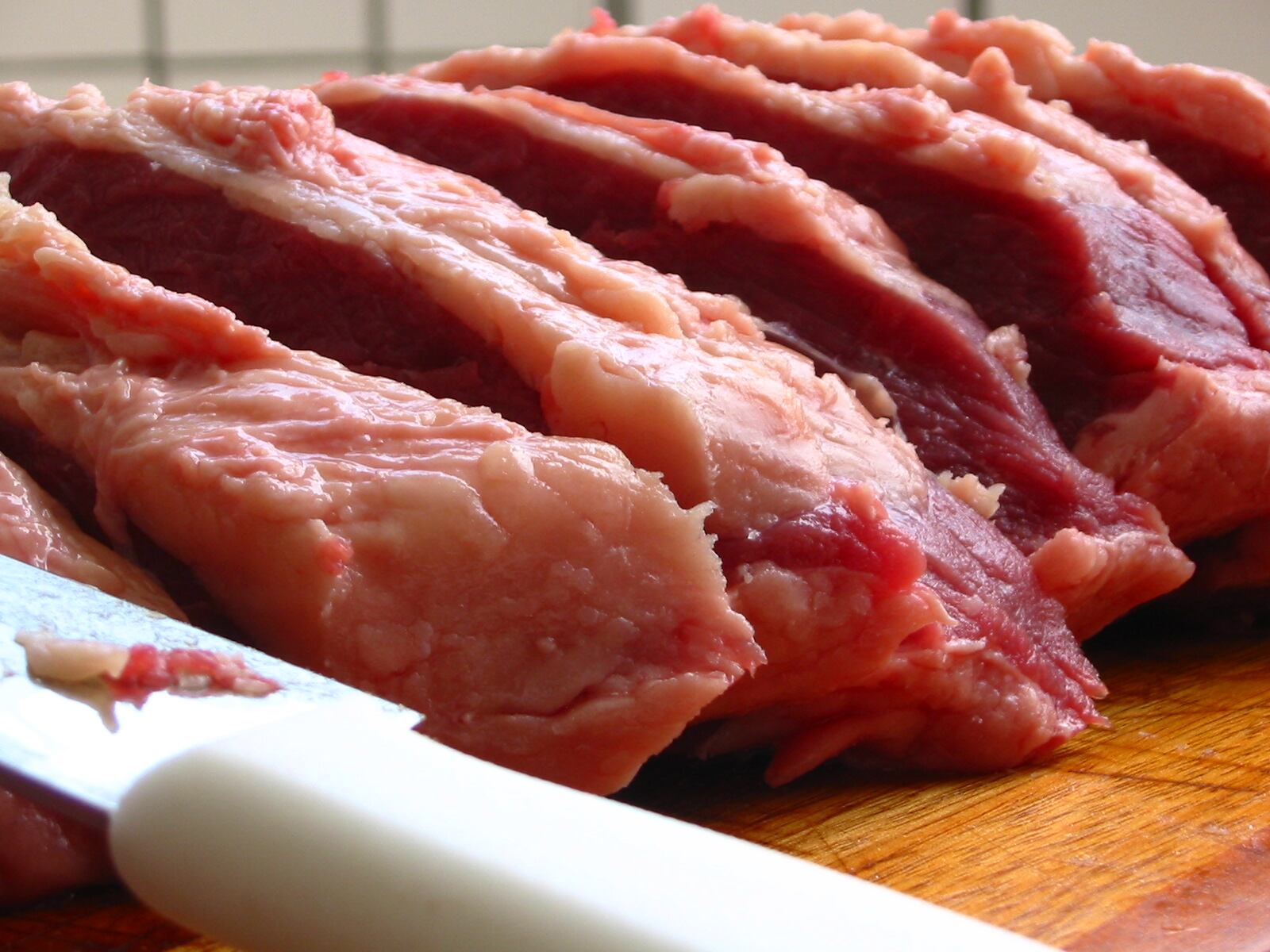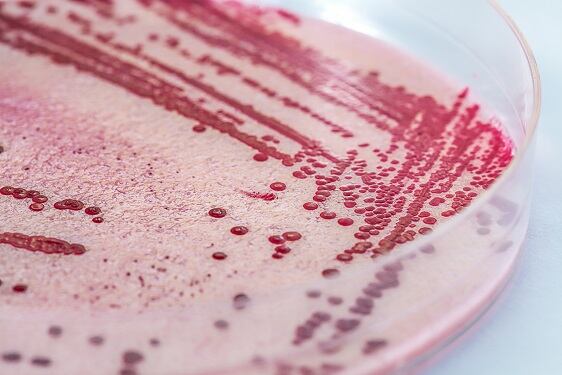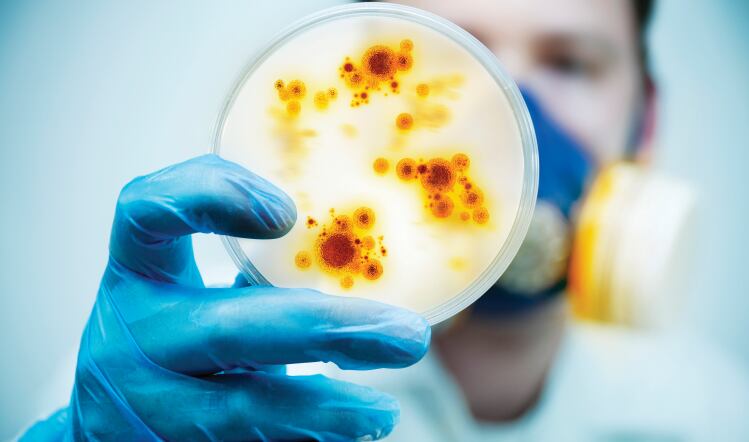Researchers have succeeded in dramatically shortening the time taken to discover the presence of salmonella, enabling food processors to react swiftly to limit the impact of potential product recalls, improving food safety procedures.
Traditional microbiological techniques for pinpointing salmonella in animal products can take up to four days. Suppliers cannot wait around this long for results before shipping out their goods, often leading to costly product recalls if contamination is subsequently found.
A test is under development, which is capable of doing the same job as traditional methods in less than eight hours. Scientists at German microbiology and food analysis laboratory Selektis, Fraunhofer Institute for Cell Therapy and Immunology, Branch Bioanalytics and Bioprocesses IZI-BB in Potsdam are working together on it. The project is part-funded by a few federal German banks with support from the European Regional Development Fund.
Bacterial enrichment takes time
One of the things that has taken time during testing has been bacterial enrichment. This involves cultivating and propagating microbes, which are available only in limited quantities, in a liquid culture medium overnight, so that there is a sufficiently high bacterial count for subsequent detection. This process lasts about 18 hours. Three further days are needed for the selective enrichment and incubation of the salmonellae in additional liquid media, for the streaking of a bacterial culture on agar plates, and for the serological test.
Project partners have managed to reduce this enrichment process to between four and six hours using an innovative technique to cultivate the salmonellae. “We did this by creating a rapid culture with growth conditions optimised for salmonellae,” said Dr Harald Peter, lead researcher and research group leader, point of care technologies, ivD Platform, Fraunhofer IZI-BB Potsdam. “By means of an innovative, optimised enrichment method, we are able to increase the concentration of the bacteria to such an extent that we can detect them using molecular biological methods after only a few hours.
“To do this, the DNA of the salmonellae is amplified and automatically detected, something we achieve by extracting the DNA of the salmonellae and amplifying them by molecular biological means to such an extent that they can be detected after a further 30 minutes. For the rapid test, we design the molecules that specifically detect the DNA of the salmonellae.” The researchers can use fluorescent dyes to label the replicated DNA and detect it using capture molecules.
Automated detection techniques
Although molecular biological detection techniques are already used in laboratories, they are rarely employed in fully automated processes – and up to now not in food diagnostics.
For their project, Dr Peter and his team plan to develop a system that automatically performs all procedures that are done manually, such as cultivation, enrichment, molecular biological replication and detection. The aim is that, in the future, all the components required will be integrated in a compact device – 40cm x 40cm in size. Using molecular biological techniques, the researchers at Fraunhofer IZI-BB would be able to skip certain DNA purification steps, for example, thus significantly simplifying and speeding up the process.
The test can also be applied to other food pathogens. To do this, the capture molecules merely need to be adapted to other organisms using a computer and gene databases.
Cases of food poisoning caused by salmonella bacteria occur frequently, with raw meat a frequent source of infection.
Food Manufacture is running the webinar Product recalls: prevention and cost management on 17 March at 3pm. For more details and to register your interest, email rod.addy@wrbm.com.




